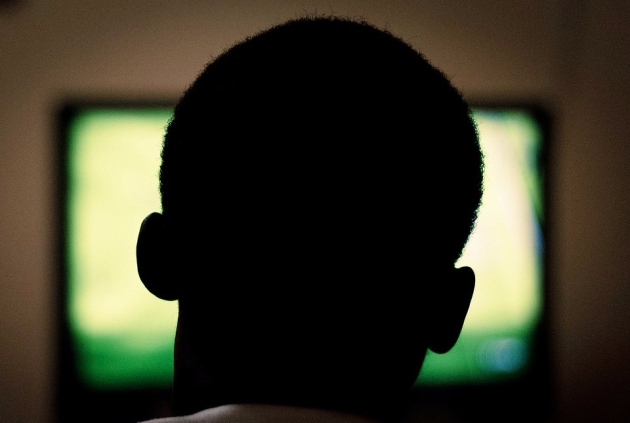Creating entertainment through advertisements increases consumers ability to connect with brands.
Brands strive for consumer attention. Simultaneously, consumers want to be entertained.
Consumers are blasted with advertisements day after day. In an effort to escape from a workaholic lifestyle, consumers embrace entertainment as an enjoyable distraction. As attention spans grow shorter and ad-blocking efforts grow stronger, brands have to find a way to push through the clutter and become memorable.
In order to do so, companies have to move from simply adding brand value to adding entertainment value. Not only should companies sponsor the brand content, but these brands need to be the entertainment.
This “don’t sell, entertain” mindset has gained momentum, especially as musical artists, television stars and athletes have joined the movement. Celebrity marketing content that is entertaining erases the idea that advertisements are purely promotional.
Below are a few brands who have successfully used celebrity marketing to execute this approach:
North Face
With the help of Spotify, North Face partnered with White Denim to take advertisements to a whole new level.
In an effort to promote North Face’s Apex Flex GTX rain jacket, Spotify released the first weather-triggered song. White Denim’s song, “No Nee Ta Slode Aln” was made available by Spotify only in U.S. regions receiving rainfall. Using ClimaTune, Spotify determined which markets to release the song.
In addition, “No Nee Ta Slode Aln” can be heard throughout the marketing campaign for North Face’s new rain jacket.
Pizza Hut
Pizza Hut partnered with Kristin Wiig for its “Everyman” campaign with a goal to showcase how hot and fresh pizza can be loved by all.
Wiig is featured in two TV advertisements playing a variety of characters, such as an older farmer, male cheerleader, business woman, and mechanic. Chief brand and concept officer of Pizza Hut, Jeff Fox, was quoted in AdWeek saying, “Wiig was a great fit for the role because of her versatility and her ability to play so many different characters – as shown seen in her time on Saturday Night Live.”
Channeling these various personas, Wiig uses her celebrity status to entertain viewers and also promote Pizza Hut as a brand for everyone.
Chase
For its “Battle of the Paddle” digital banking campaign, Chase partnered with not just one celebrity athlete, but two. NBA player Stephen Curry and professional tennis player Serena Williams go head-to-head in an impressive battle of ping pong to promote the convenience of Chase Quickpay.
Yet, before the commercial even launched, Chase created teaser content on various social media channels to encourage viewer interaction. The company gave viewers the choice of #TeamStephen or #TeamSerena to build hype and create social buzz.
The teaser content alone amassed three million video views across Instagram and Facebook.
Altogether, these three examples illustrate the power of celebrity marketing as a form of entertainment. Interrupting consumers with branded messages no longer works. Brands have to create entertainment and decide which celebrity can best enhance their message if they are going to connect with consumers.
photo credit: Al Ibrahim via Flickr
